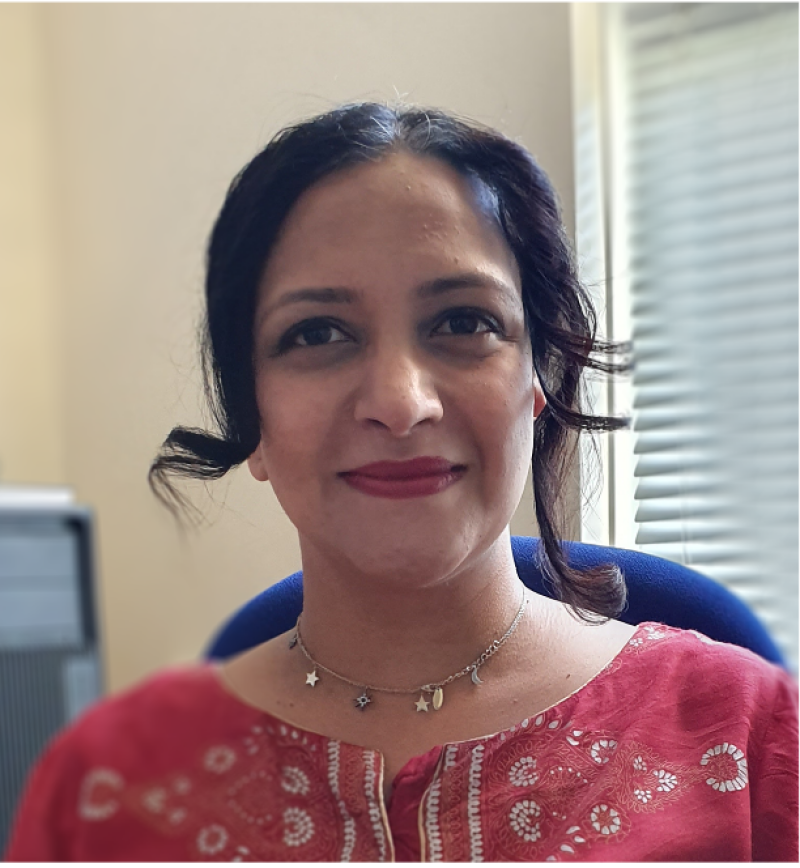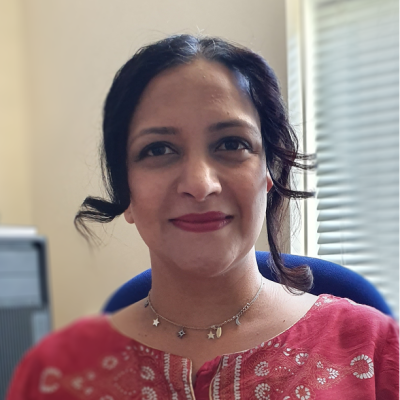
What is your opinion of higher education?
I am a huge believer of postgraduate education and continuing education, I suppose lifelong education even. In social work, we often get mature students and they return to studies even after taking career breaks. Sometimes we have students who have raised their families and now it’s time for them to explore their careers. I do think that there is no limit in terms of age or life circumstances, if you are focused and dedicated and you have the structural opportunities to allow you pursue education. The most striking thing for me in terms of higher education undoubtedly is the fact that it helps you to think for yourself, to become a critical thinker, to find your own voice and figure out what values and issues matter to you. I’ve studied for a very long time, but I think when I was doing my undergraduate it helped me to learn, but it was only my postgraduate education that I felt I learnt to think for myself and to have, as I said, my own voice in terms of certain issues.
Where did you study prior to teaching at the university of Kent?
I was very fortunate to study in the premiere institutes in India, I think that was very important in my earlier development. It also helps to recognise that institutions are extraordinarily competitive, it’s very much merit based and children are forced to study at the expense of everything else so education was hugely emphasised. But when I did my masters in Social Policy and a PhD after that at Oxford University it was a brilliant experience, I don’t think I could have had that experience anywhere else.
How did you come to work at the university of Kent?
It was a very simple thing, I came for an interview and fell in love with the University of Kent - it has this wonderful warm inviting vibe. Colleagues I met were genuine and interested in what I was saying, and the interview was marvellous, I almost didn’t want it to end because we talked about so much. I feel like this was different, Kent is well known, we have a very high research ranking and there are some phenomenal scholars, so it was wonderful to think I was joining a community of people I admire, because some people I would have read their textbooks during my degree.
I came for an interview and fell in love with the University of Kent - it has this wonderful warm inviting vibe. Colleagues I met were genuine and interested in what I was saying.
Who has helped you most in your journey to where you are now?
It would be my family. When I went on the job market when I was pregnant, that meant I was writing and interviewing and publishing while my daughter was just weeks old, which would not have possible without my husband and my sister and mother. My sister and mother both live in India and they came to live with me and supported me, proof readng my work. They literally said to me "you know, your dreams are our dreams and by you succeeding we succeed", and there was nothing like it, I was so grateful to have that.
How has the University of Kent transformed you?
I described my first job to you, which was a really big learning curve for me. You learn to teach and navigate the politics and make a space for yourself. The University of Kent has this quite wonderful and trusting research culture and they let you get on with it. They employ self-motivated people, then they trust you to teach to a high standard and trust you to research. That level of trust and commitment allows staff to relax and enjoy what they do and to innovate and be creative. I do think cultures where you are surveyed and controlled are work cultures where people work out of anxiety and fear, and that is not a good working culture. Whereas the university has a really good kind of feel for research and working culture which makes you feel like you can thrive, and makes you work harder and challenge yourself, so that has been wonderful actually.
What do you value the most about teaching students?
I absolutely adore teaching. I think teaching is transformative, it transforms the person who is teaching and the one who is being taught. For me it’s that ‘ah ha’ moment. In a lecture, the students aren’t only engaging in what you are saying but you have all achieved a different energy when you are connecting. When an idea you are talking about makes sense and changes their perception on a social issue. There’s nothing better than that- I have a very interactive style of teaching. I like to use a whole range of different teaching methods, I use humour too as it relates to people and use everyday examples to help them connect. I’m also really interested in pushing students to think for themselves and differently and not to take for granted the assumption as the whole truth.
I absolutely adore teaching. I think teaching is transformative, it transforms the person who is teaching and the one who is being taught
How do you see the future of the University of Kent?How could it strive to be a better instiution?
I think Kent is unique. It is well situated in that we are highly regarded but we do not have the pleasure of Russell Group so we are just under the radar in terms of that. It allows us to have quite a lot of flexibility and achieve the same, if not better research than some Russell Groups. I am concerned with the shift towards neoliberal education, the fact that our students are becoming consumers, that fees put large financial pressure on people so they become excluded from higher education. It is worrying. I am extremely distressed by the possibility of Brexit and what that means in terms of closing our borders. I am also quite distressed with the hostile environmental policy which we are beginning to see in the UK. It isn’t just a matter of leaving the EU but the message we are giving the rest of the world about whether international students are welcome. Kent can do a lot to buffer us from those challenges, however it needs to stand tall and resist the external pressures rather than to buy into it. It is very simple though, universities that invest and believe in their staff and students are safe hands to believe and trust in, so Kent needs to remain committed to staff and students. Then we will be ok, but if it becomes a business then there is much to worry about.
Do you have any advice you would like to give the students?
Don’t give up! You are stronger than you think you are, there will be challenges that come your way. Believe in yourself and surround yourself with people that believe in you and be open to learning, do not be afraid of failure. Success comes to people who are open and who are keen on learning. Success isn’t about a single moment where you have arrived, it is a long process so learn from your mistakes, be open, be kind to others and it will be paid back to you. In terms of surviving the university, because being on a course is challenging, they might or not get a job straight away, it’s not easy being a student right now. I think that’s my main message, believe in your voice. Engage in an ethical value based career, do what you love and not what you think you should do in terms of successful career, just follow your passion.





